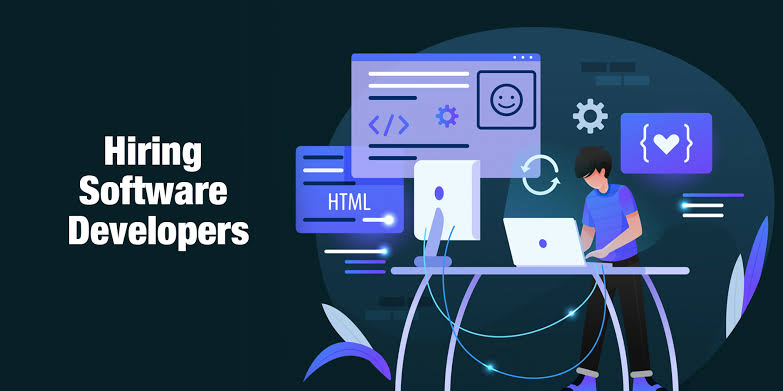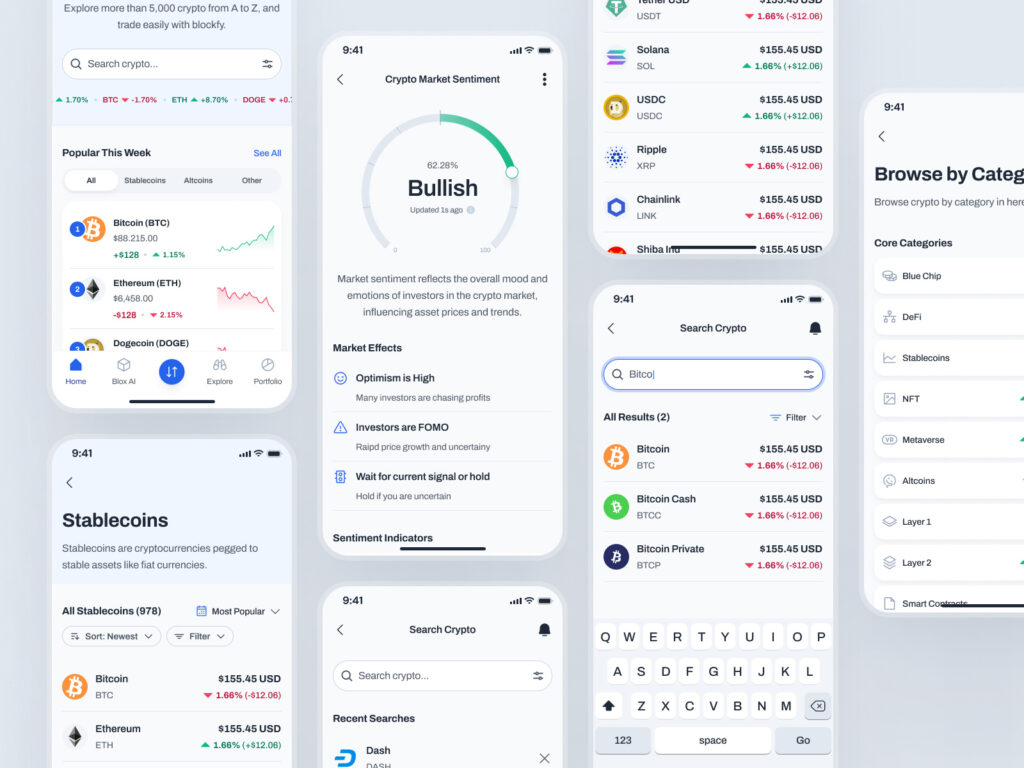
In a world where digital convenience drives consumer choices, hotel booking apps have emerged as a game-changing solution in the travel industry. Whether you’re a startup, hotel chain, or tech entrepreneur, developing a hotel booking app can be a highly lucrative venture. But before you jump into development, one of the most common questions you’ll encounter is: How much does it cost to develop a hotel booking app?
This blog will explore the key factors that influence hotel booking app development costs, including the types of apps, must-have and advanced features, UI/UX considerations, team structure, tech stack, and budget-saving strategies. Let’s dive in!
Why Hotel Booking Apps Are Booming
With the rapid rise of global travel and mobile-first experiences, more travelers are opting to book accommodations through apps rather than websites or third-party agents. The reasons are simple — speed, convenience, personalization, and access to real-time availability.
From solo travelers to business professionals and family vacationers, everyone appreciates a well-designed app that simplifies hotel discovery, comparison, booking, and support.
If you’re planning to enter this space, investing in hotel booking app development can give your business a competitive edge and unlock a steady revenue stream.
Types of Hotel Booking Apps
Understanding which type of app you want to build is crucial to defining your budget, feature list, and overall development roadmap.
1. Aggregator Model
This is the most common model. It lists hotels from various locations and chains, similar to Booking.com, Agoda, or Expedia. These apps allow users to compare prices, reviews, and availability, giving them more control over their decision-making process.
Key features: Hotel listing, comparison engine, ratings/reviews, filters, booking engine, payment gateway.
2. Single Hotel or Hotel Chain App
Designed specifically for one hotel or chain (e.g., Marriott or Hilton), this type of app offers a brand-centric user experience. These apps often include loyalty programs, promotions, and direct booking features that reduce commission costs.
Key features: Branded interface, loyalty points, direct bookings, real-time updates, push notifications.
3. Marketplace + Experience Booking
This Airbnb-like model allows users to book both accommodations and experiences (e.g., tours, local adventures, food tastings). It’s ideal if your business includes or plans to include event hosting or travel experience management.
Key features: Experience listing, calendar integration, real-time chat, local host profiles, in-app payments.
Must-Have Features for a Hotel Booking App
When planning your hotel booking app development, it’s important to cover the core features that users expect. These include:
1. User Registration & Profile Management
Users should be able to register via email, phone, or social logins and manage their personal details, preferences, and bookings.
2. Hotel Search & Filters
Robust search and filter capabilities (by location, price, rating, amenities, etc.) improve usability and help users find the right hotel quickly.
3. Real-Time Booking & Availability
Dynamic room availability synced with hotel inventory systems is critical to ensure up-to-date bookings and avoid overbooking issues.
4. Secure Payment Gateway Integration
Integrate trusted payment systems like Stripe, Razorpay, or PayPal for smooth and secure transactions. Support for multiple currencies is a bonus.
5. Reviews & Ratings
Allow users to rate their stay and read verified reviews from other travelers, which builds trust and transparency.
6. Customer Support Integration
Live chat, call-back requests, or support ticket systems are essential to assist users during booking or post-stay queries.
7. Booking History & Receipts
A personal dashboard that lets users track past and upcoming reservations, receipts, and cancelation policies adds value.
8. Push Notifications
Use push alerts to notify users about booking confirmations, special offers, check-in reminders, or last-minute deals.
9. Admin Panel
A comprehensive admin dashboard helps manage hotel listings, user data, payments, promotions, and analytics in one place.
Advanced Features to Stay Ahead
Adding premium features can enhance user experience, differentiate your brand, and increase retention. Consider these:
- AI-Powered Recommendation Engine: Analyze user behavior to suggest hotels, locations, or deals based on preferences.
- Dynamic Pricing Integration: Adjust pricing based on demand, seasonality, or competitor pricing models.
- Loyalty & Rewards Program: Incentivize repeat users with points, cashbacks, or exclusive member-only deals.
- Voice Search Integration: Enable voice-activated search for a hands-free experience.
- In-App Chatbot: 24/7 support using an AI-powered chatbot to answer FAQs or assist with bookings.
- Multilingual Support: Target global travelers by offering multiple language options.
- GPS & Maps Integration: Show location pins, routes, and nearby attractions directly within the app.
Design & UI/UX Considerations

In hotel booking app development, user experience can make or break your success. A great design should be intuitive, elegant, and responsive across devices.
- Basic UI: Focuses on clean layouts and essential functions; ideal for MVPs or pilot projects.
- Moderate UI: Includes brand-specific elements, subtle animations, and better visual hierarchy.
- Advanced Custom UI/UX: Features micro-interactions, gesture support, and a premium experience aligned with luxury or high-end markets.
The cost increases with design complexity, but the investment pays off with higher user satisfaction and conversion rates.
Choosing the Right Tech Stack
Selecting the right technology stack impacts development speed, scalability, and maintenance. Here’s what’s typically used:
Mobile Development
- Native Development: Swift (iOS), Kotlin (Android) for best performance and responsiveness.
- Cross-platform Development: Flutter or React Native for faster development and cost-efficiency.
Backend & APIs
- Backend Frameworks: Node.js, Django, or Laravel depending on scalability needs.
- Database: PostgreSQL, MongoDB, or Firebase Realtime DB for flexibility and speed.
- Third-party APIs: Google Maps, Stripe, Twilio (for SMS), and OTA APIs for listings.
Development Team & Roles
To build a reliable hotel booking app, you’ll need a skilled and coordinated development team, including:
- Project Manager: Coordinates timelines, resources, and deliverables.
- UI/UX Designer: Crafts wireframes, prototypes, and visual interfaces.
- Frontend Developer: Implements the user-facing side of the app.
- Backend Developer: Handles database operations, business logic, and integrations.
- QA Engineer: Tests for bugs, performance, and cross-platform consistency.
Hiring costs will vary significantly based on geography. Teams in India or Eastern Europe typically charge lower hourly rates compared to those in North America or Western Europe.
Timeline for Hotel Booking App Development
Here’s an estimated development timeline:
- MVP (Minimal Viable Product): 8–12 weeks
- Full-featured App: 16–24+ weeks
The timeline depends on app complexity, feature count, design customization, and development approach.
How Much Does It Cost to Develop a Hotel Booking App?
Now to the big question: what’s the actual cost?
1. Basic Hotel Booking App
- Cost: $15,000 – $25,000
- Ideal For: Startups, pilot projects, or simple apps with essential features.
2. Mid-Level Hotel Booking App
- Cost: $30,000 – $60,000
- Ideal For: Growing travel agencies, boutique hotels, or startups scaling up.
3. High-End Custom App
- Cost: $70,000 – $150,000+
- Ideal For: Enterprises, global hotel chains, or platforms competing with Airbnb/Booking.com.
These estimates cover design, development, QA, and basic launch. Actual costs may vary depending on developer location, tech stack, and support requirements.
Don’t Forget Ongoing & Hidden Costs
Development is just the beginning. Consider these recurring costs:
- Maintenance & Updates: Regular updates to fix bugs, improve performance, or add features.
- Cloud Hosting & Infrastructure: Depending on app size and traffic.
- Third-party Services: Fees for APIs, analytics, maps, or SMS providers.
- Marketing & ASO: Paid ads, App Store Optimization, influencer partnerships, etc.
Ignoring these can lead to underestimated budgets and roadblocks post-launch.
How to Reduce Hotel Booking App Development Costs
Smart cost-cutting strategies can help you launch efficiently without compromising quality:
- Start with MVP: Validate your idea and attract users before investing in advanced features.
- Choose Cross-platform Development: Cut down 30–40% of the cost with a single codebase.
- Work with Offshore Teams: Quality developers in regions like India can offer significant savings.
- Use SaaS Modules: Integrate ready-made solutions for CRM, analytics, or chatbots instead of building from scratch.
Final Thoughts
Hotel booking app development is a strategic move for businesses in the hospitality and travel industry. From planning and design to choosing the right tech stack and team, every decision impacts your budget and ROI.
Whether you’re a hotelier looking to offer direct bookings or an entrepreneur building the next big travel app, understanding the development cost helps you plan better and avoid unnecessary surprises.
Looking to build your own hotel booking app? At Appfodev, we specialize in custom software solutions tailored to your vision and budget. Let’s turn your idea into a high-performance booking platform that travelers will love.
Need expert advice or a custom quote for your hotel booking app development?
Contact our team today for a free consultation.





